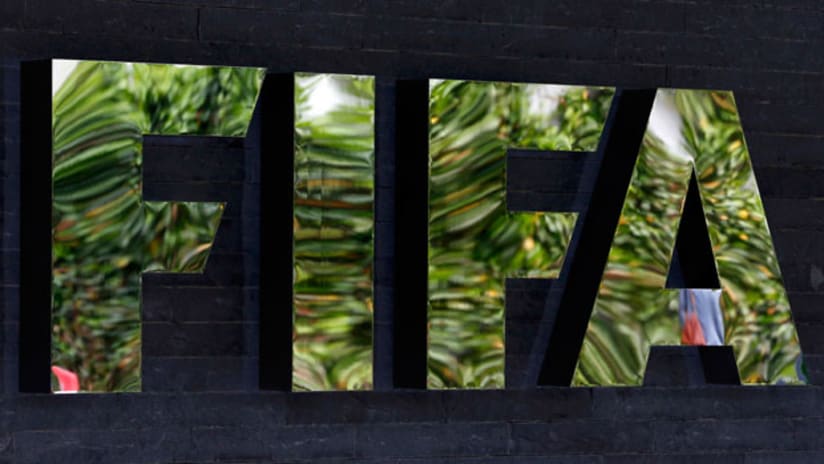FIFA, soccer's world governing body, announced the approval of sweeping reforms on Friday during the organization's Extraordinary FIFA Congress in Zurich. Highlights of the reforms include increased transparency, term limits, and accelerating the growth of women's soccer.
The reforms come in the wake of a year of scandals, criminal indictments, and reprimands and suspensions for multiple executives, including the removal of longtime FIFA President Sepp Blatter. The election for the new president is taking place on Friday in Zurich as part of the Extraordinary Congress.
“We stand united in our determination to put things right, so that the focus can return to football once again,” said Acting FIFA President Issa Hayatou. “The hard work of restoring trust and improving how we work begins now.”
“This will create a system of stronger governance and greater diversity that will give football a strong foundation on which to thrive. It will help to restore trust in our organization. And it will deter future wrongdoing.”
The reform package was approved by a vote of 179 to 22.
Here is a summary of the approved reforms (courtesy of FIFA.com):
- Clear separation between “political” and management functions: The FIFA Council (replacing the FIFA Executive Committee) is responsible for setting the organisation’s overall strategic direction, while the General Secretariat oversees the operational and commercial actions required to effectively execute that strategy.
- Term limits for the FIFA President, FIFA Council members and members of the Audit and Compliance Committee and of the judicial bodies (max. 12 years).
- Election of Council members supervised by FIFA and in accordance with FIFA’s own electoral regulations; all candidates subject to comprehensive eligibility and integrity checks conducted by an independent FIFA Review Committee.
- Greater recognition and promotion of women in football with a minimum of one female representative elected as a Council member per confederation; promotion of women as an explicit statutory objective of FIFA to create a more diverse decision-making environment and culture.
- Disclosure of individual compensation on an annual basis of the FIFA President, all FIFA Council members, the Secretary General and relevant chairpersons of independent standing and judicial committees.
- Enhanced control of money flows.
- Universal good governance principles for confederations and member associations.
- FIFA’s commitment to human rights to be enshrined in the FIFA Statutes.
- New Football Stakeholder Committee to ensure greater transparency and inclusion through broader stakeholder representation (including players, clubs and leagues).








